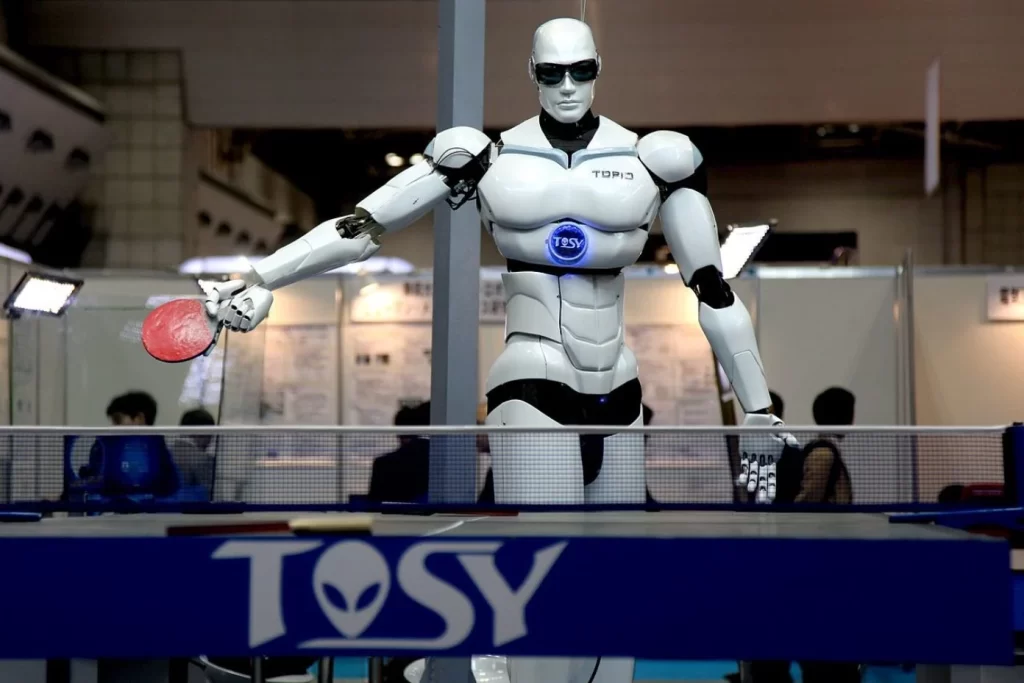
Artificial Intelligence (AI) can eliminate humanity according to a recent research paper by scientists at Google and the University of Oxford.
In the paper which was published in the journal AI Magazine, the team — comprised of DeepMind senior scientist Marcus Hutter and Oxford researchers Michael Cohen and Michael Osborne — concluded that the answer to the long-standing question of whether a super-intelligent AI may go rogue and wipe out humans was that it was “likely”.
“Under the conditions we have identified, our conclusion is much stronger than that of any previous publication — an existential catastrophe is not just possible, but likely,” Cohen tweeted earlier this month.
In their paper, the researchers argue that humanity could face its doom in the form of super-advanced “misaligned agents” that perceives humankind as standing in the way of a reward.
“One good way for an agent to maintain long-term control of its reward is to eliminate potential threats, and use all available energy to secure its computer,” the paper reads.
Humanity should progress slowly on Artificial Intelligence technologies
“Losing this game would be fatal,” the researchers wrote.
Tragically, the researchers argue, there’s not a whole lot we can do about it.
“In a world with infinite resources, I would be extremely uncertain about what would happen,” Cohen told Motherboard in an interview. “In a world with finite resources, there’s unavoidable competition for these resources.”
And that could bode badly for humanity.
“And if you’re in a competition with something capable of outfoxing you at every turn, then you shouldn’t expect to win,” he added.
The paper imagines life on Earth becoming a zero-sum competition between mankind, with its demands to produce food and maintain electricity, and the highly developed machines, which would want to harness all resources to secure its reward and protect against humanity’s increasing attempts to stop it.
In response to this threat, humanity should only carefully and slowly progress its AI technologies.
After years of development, artificial intelligence is now capable of operating vehicles on public highways, providing inmates with life-changing assessments, and creating works of art that have won awards.
The field was founded on the assumption that human intelligence “can be so precisely described that a machine can be made to simulate it”.
This raised philosophical arguments about the mind and the ethical consequences of creating artificial beings endowed with human-like intelligence; these issues have previously been explored by myth, fiction and philosophy since antiquity.
Computer scientists and philosophers have since suggested that AI may become an existential risk to humanity if its rational capacities are not steered towards beneficial goals.
























